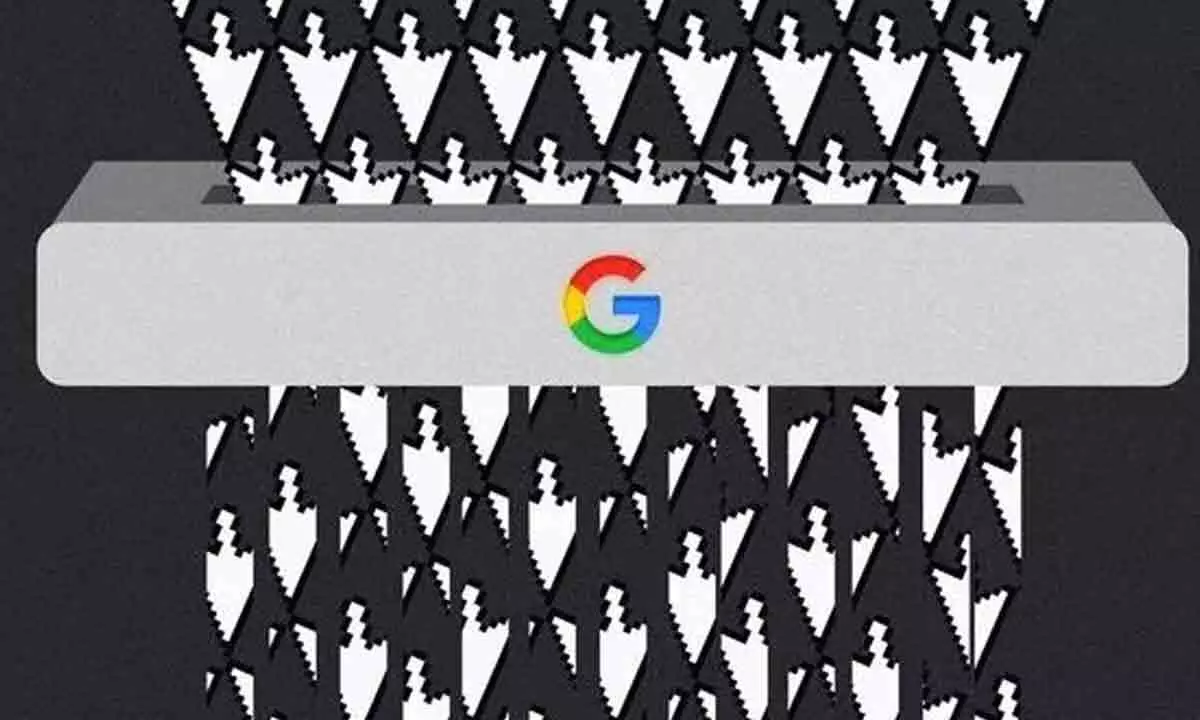Google AI Search Tool, Search Generative Experience, Threatens Media Traffic; Details

Google's AI tool, Search Generative Experience raises concerns as it dominates web searches, potentially jeopardizing media traffic.
Artificial intelligence (AI) has dominated conversations in 2023, witnessing rapid developments across various applications, from AI chatbots to tools facilitating image generation, code interpretation, and multi-modal search. While AI integration has been swift, it has not been without challenges. The surge in deepfakes has sparked debates about the ethical implications of AI, prompting the necessity for regulation. In response to these concerns, the EU AI Act has been introduced, marking a crucial step in addressing the ethical dimensions of AI use.
One significant area of concern highlighted in a recent report extends beyond deepfakes and delves into the impact of AI on the news sector. The report identifies Google's new AI Search tool, known as Search Generative Experience (SGE), as a potential threat to web traffic for publishers.
The Wall Street Journal reported findings from the American magazine Atlantic, which compiled a list of threats faced by the media industry due to generative AI, with Google's SGE at the forefront. Google SGE aims to enhance user understanding of topics, allowing users to pose long questions with multiple choices, receive suggested steps, and ask follow-up questions for comprehensive insights.
The report revealed that approximately 40% of Atlantic's traffic is derived from web searches. In 75% of these searches, Google SGE provided users with complete answers, eliminating the need to scroll further down. This resulted in a significant loss of potential traffic for Atlantic. The broader impact on publishers was highlighted, as approximately 40% of overall traffic for publishers comes from search engines. In a landscape where social media platforms like Meta and X have announced a reduced focus on news distribution, AI technologies like SGE pose a potential threat to the media industry's web traffic.
Mathias Dopfner, Chairman and CEO of Axel Springer, expressed concerns to WSJ, stating, “AI and large language models have the potential to destroy journalism and media brands as we know them.”
In response to the criticism, Google's Vice President of Search told WSJ, "Any attempts to estimate the traffic impact of our SGE experiment are entirely speculative at this stage as we continue to rapidly evolve the user experience and design, including how links are displayed, and we closely monitor internal data from our tests."
Despite concerns about the potential negative impact on media traffic, it is unlikely that Google will eliminate media traffic. Such a move would deprive the company of valuable data needed to train and improve its AI models, emphasizing the delicate balance between AI advancements and the preservation of media ecosystems.
Next Story

